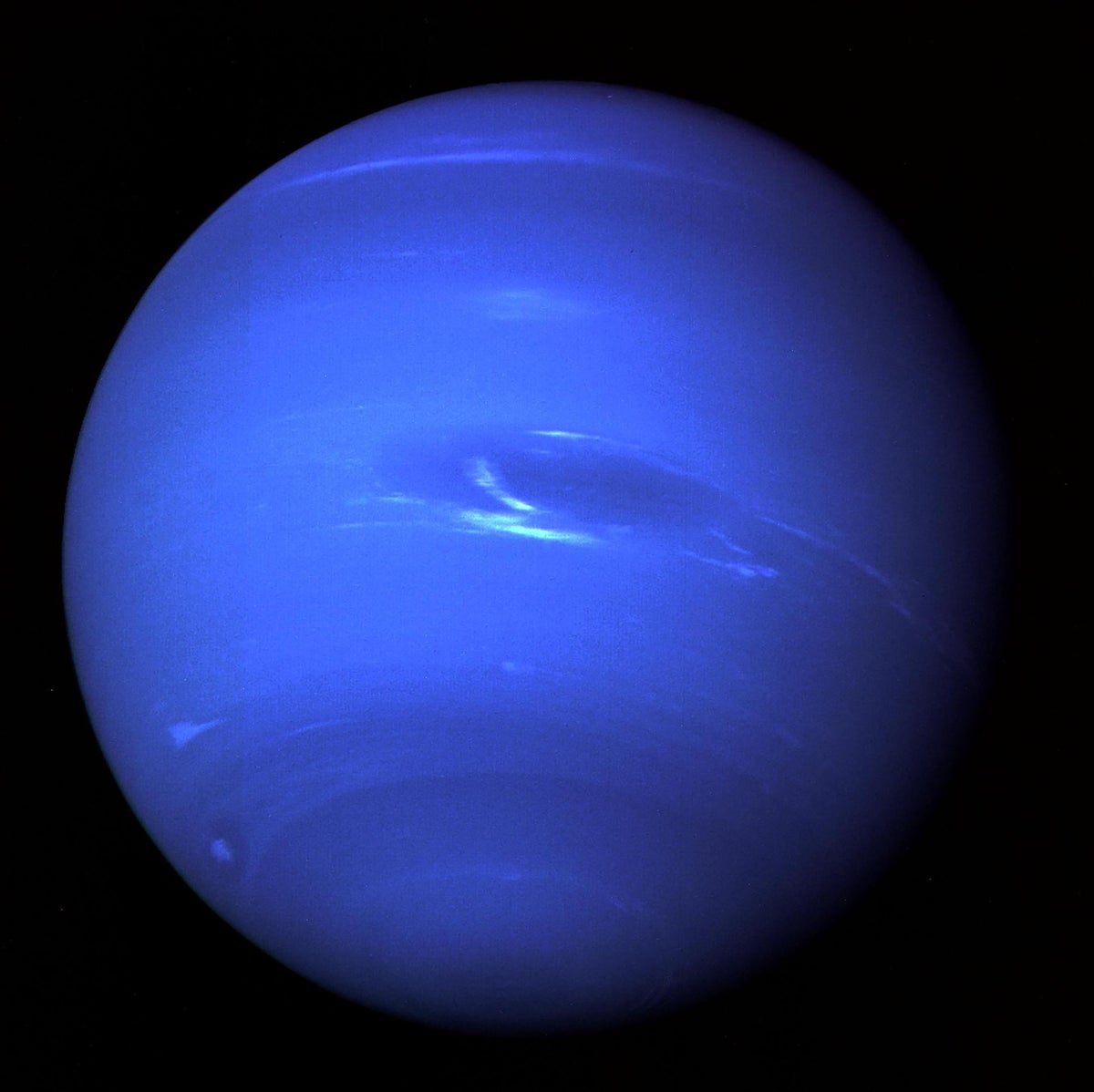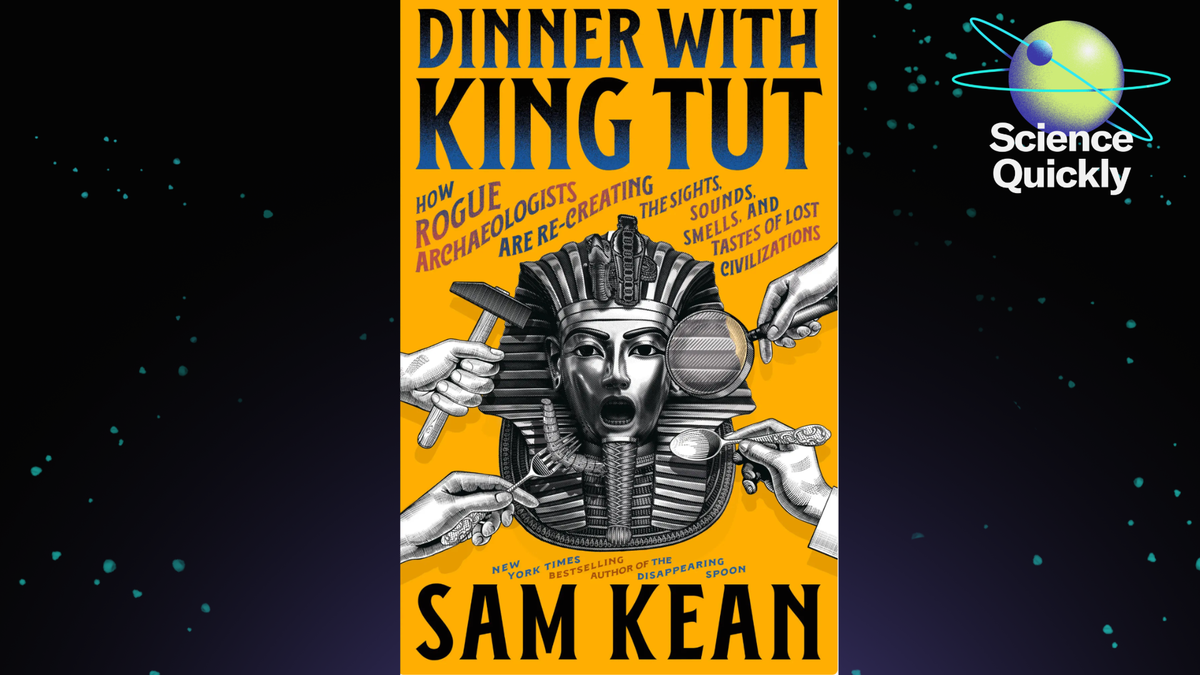Now Reading: Scientific American Predates Neptune’s Discovery
-
01
Scientific American Predates Neptune’s Discovery
Scientific American Predates Neptune’s Discovery

Quick Summary
- Scientific American marks 180 years this month, having first been published in August 1845.
- during its early days, humanity’s comprehension of the cosmos was rudimentary-lacking knowledge of galaxies outside the Milky Way, star formation processes, comet origins, and supernovae.
- At that time, astronomers were struggling to determine the number of planets in the solar system and hypothesized Earth’s moon’s origin vaguely.
- In 1846, Neptune became the last major planet discovered via mathematical prediction rather than direct observation-a breakthrough led largely by French astronomer Urbain Le Verrier alongside British mathematician John Couch Adams (though Adams’ calculations remain debated).
- Neptune’s revelation initially relied on complex mathematics rather than technology like modern telescopes or maps; observations confirming it came from Berlin Observatory astronomers Johann Galle and Heinrich d’Arrest on September 24,1846.
- Despite earlier accidental sightings-including mistaken observations by Galileo in 1612-Neptune only gained recognition due to le verrier’s predictive calculations guiding astronomers directly where to look.
Indian Opinion Analysis
The discovery of Neptune epitomizes human persistence and ingenuity in revealing cosmic mysteries long before technological advancements streamlined such pursuits. From trial-and-error stargazing to precise mathematical predictions that unveiled distant worlds over centuries ago-the achievement resonates universally across scientific disciplines. For India specifically-with emerging investments into space exploration through ISRO projects like Chandrayaan or astronomical studies-the history highlighted here serves as a reminder: pioneering breakthroughs often combine individual brilliance with collaborative determination across nations.
India’s focus on enhancing computational tools for astronomy could benefit from lessons learned during neptune’s discovery when reliance upon refined yet labor-intensive mathematics yielded remarkable results despite limited visual aids available circa mid-nineteenth-century observatories! As global science continues unlocking universal secrets emphasizing teamwork prevailing above borders-history naturally steers collective advances forward benefitting entire mankind timelessly inspiring future endeavors


























